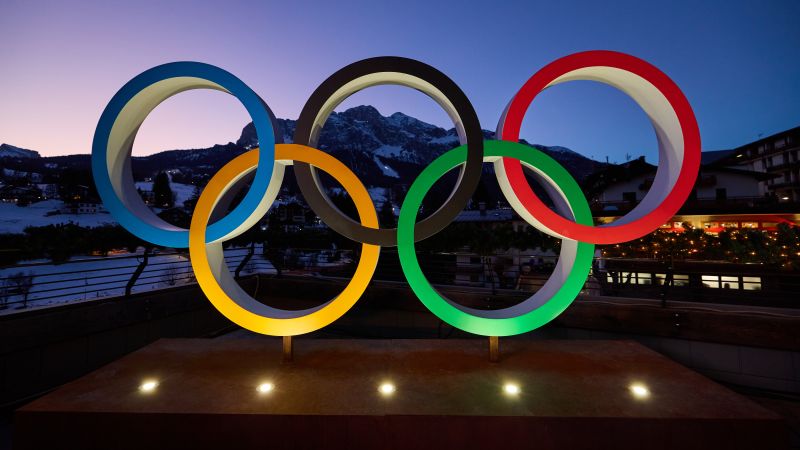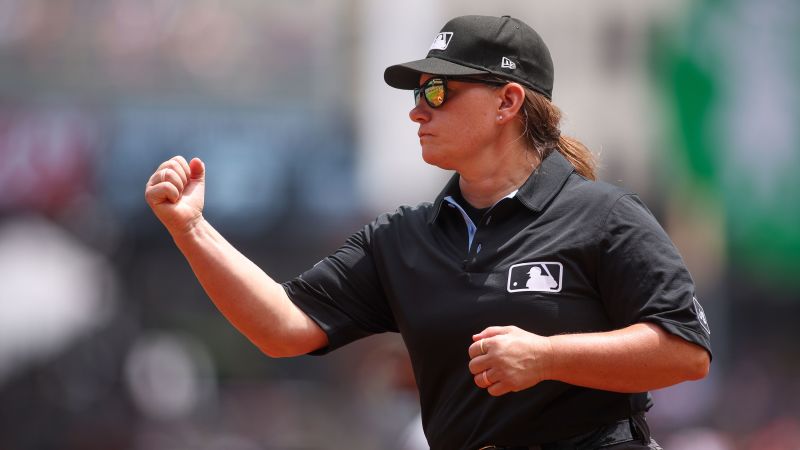
US Olympic Committee Adopts Directive on Transgender Athletes
Opinion | 7/22/2025
The US Olympic and Paralympic Committee recently announced its commitment to adhere to a directive issued by the Trump administration, which prohibits transgender athletes from participating in sports competitions. This decision, integrated into the committee’s athlete safety policy, aligns with the stance taken by various organizations that have similarly barred transgender individuals from engaging in athletic events. The move underscores a broader debate surrounding inclusivity and equality within the realm of sports.
In response to the updated policy, advocates for transgender rights have expressed concerns over the potential discriminatory impact of such regulations. While the committee’s decision aligns with the current directive, it has sparked discussions on the intersection of sports, gender identity, and fair competition. The issue raises questions about the balance between ensuring a level playing field for all athletes and upholding principles of diversity and inclusion.
According to legal experts, the implementation of policies excluding transgender athletes may face scrutiny under existing anti-discrimination laws. Title IX, a federal civil rights law, prohibits discrimination based on sex in educational programs and activities, which extends to sports participation. The evolving landscape of transgender rights in sports continues to prompt legal and ethical considerations for governing bodies and policymakers alike.
In a statement, a spokesperson for a prominent LGBTQ advocacy group emphasized the importance of creating an environment where all athletes, regardless of gender identity, can participate equitably. The organization called for a nuanced approach that considers the rights and dignity of transgender individuals while addressing concerns related to competitive fairness. As the debate unfolds, the implications of such policies on the future of sports and societal attitudes towards gender diversity remain subject to ongoing dialogue and legal scrutiny.
The decision by the US Olympic and Paralympic Committee to comply with the administration’s order signals a significant development in the ongoing discourse surrounding transgender inclusion in sports. As stakeholders navigate the complex intersection of policy, law, and social values, the implications of these decisions are likely to reverberate across the athletic community, prompting further examination of the principles that underpin competitive sports and the rights of all athletes.


